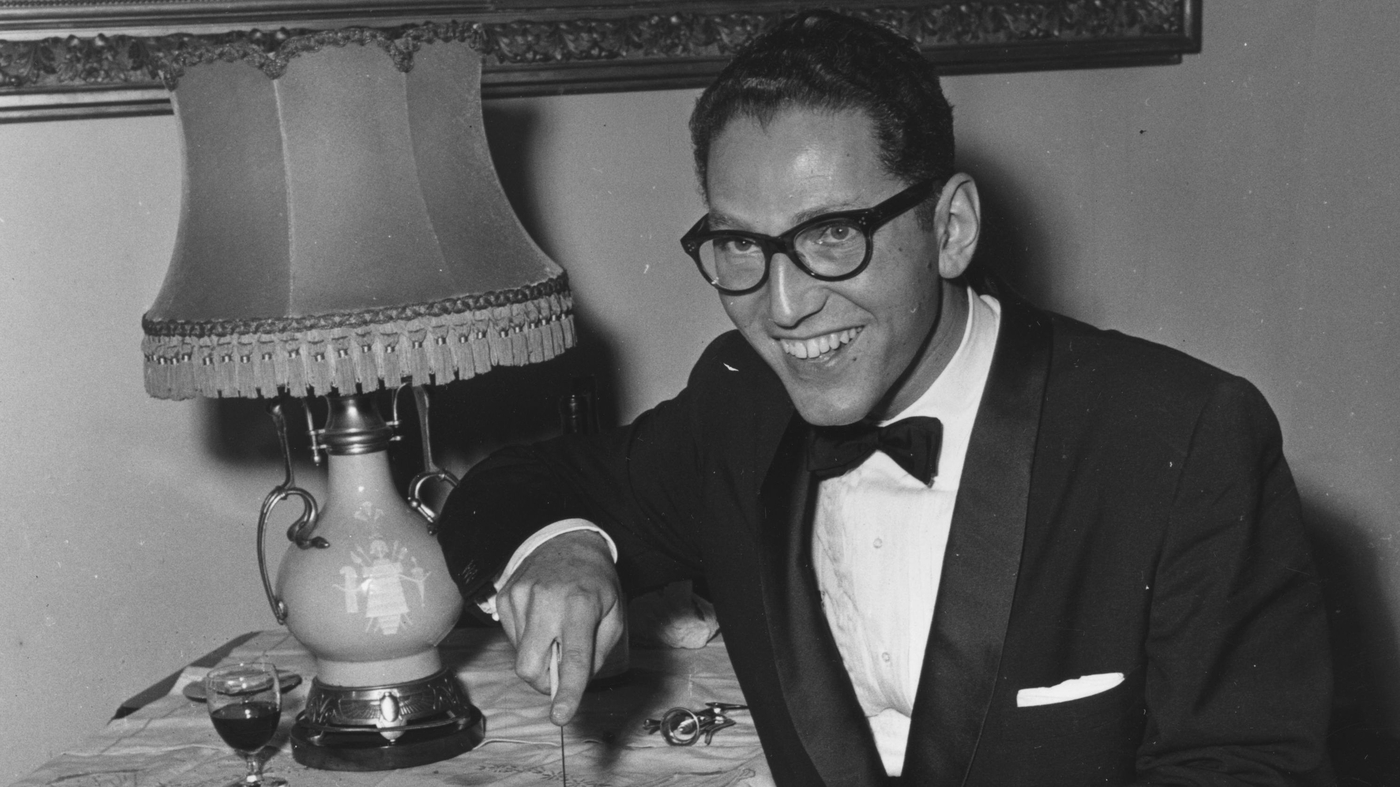The End of an Era: A Look at the Life and Legacy of Tom Lehrer
A Pioneer of Satirical Songwriting
Tom Lehrer, a name synonymous with wit and intellect, left an indelible mark on the world of musical satire. His passing at the age of 97 signals the end of an era, one where sharp, insightful commentary was delivered with a melody that was as catchy as it was subversive. Lehrer’s unique blend of musical talent, mathematical brilliance, and fearless satire earned him a devoted following, and his influence continues to resonate with artists and audiences today.
Lehrer’s journey to becoming a comedic icon was anything but conventional. Born in 1928, he was a child prodigy in mathematics, entering Harvard University at the tender age of 14. While deeply engaged in his academic pursuits, a different kind of talent began to emerge: a knack for crafting darkly humorous songs. His early performances were largely confined to the Harvard community, but his reputation quickly spread. He began writing and performing satirical songs that tackled serious issues with a playful, almost gleeful, tone. These weren’t protest songs in the traditional sense; they were wickedly clever observations set to catchy tunes, making them both entertaining and thought-provoking.
The Art of Subversive Songwriting
What made Lehrer’s satire so effective was his ability to mask serious commentary within seemingly lighthearted musical arrangements. Songs like “Poisoning Pigeons in the Park,” with its jaunty melody, became shockingly funny when juxtaposed with its macabre subject matter. He had a knack for finding the absurd in the everyday, transforming mundane occurrences into opportunities for social critique.
Lehrer’s most enduring works often tackled the anxieties of the Cold War. “We Will All Go Together When We Go” is a darkly comic anthem about nuclear annihilation, suggesting that the silver lining of global destruction is that everyone will share the same fate. Similarly, “Who’s Next?” poked fun at the complexities of nuclear proliferation, listing elements on the periodic table as potential targets.
His satirical lens extended beyond political issues. “The Masochism Tango,” with its dramatic tango rhythm, hilariously explored the complexities of human relationships. “The Elements,” set to the tune of a Gilbert and Sullivan song, was a clever way to learn the periodic table, showcasing Lehrer’s unique ability to blend education and entertainment.
Lehrer’s lyrics were not just funny; they were insightful. He had a keen understanding of human nature and a talent for exposing hypocrisy and absurdity. He didn’t shy away from controversial topics, addressing issues like racism, social inequality, and religious extremism with a sharp wit and unwavering honesty.
A Retreat from the Spotlight
Despite his widespread popularity, Tom Lehrer’s career as a performer was relatively short-lived. By the late 1960s, he began to withdraw from the public eye. He cited a growing disillusionment with the political landscape and a sense that his satire was becoming redundant. He famously said that when Henry Kissinger was awarded the Nobel Peace Prize, satire became obsolete.
Lehrer returned to his academic roots, teaching mathematics and musical theater at universities like MIT and the University of California, Santa Cruz. He continued to write songs occasionally, but his focus shifted from performance to education. Many of his songs found new life in classrooms, where they served as both educational tools and sources of amusement for students.
A Lasting Influence
Although he stepped away from the spotlight, Tom Lehrer’s influence on comedy and music remains undeniable. His work paved the way for a generation of satirical songwriters and comedians who dared to challenge the status quo. Artists like Randy Newman, Weird Al Yankovic, and Stephen Colbert have all cited Lehrer as a major influence.
His songs continue to be performed and appreciated by audiences of all ages. They offer a timeless perspective on the issues that continue to shape our world, and his unique blend of humor and intelligence remains as relevant today as it was decades ago.
Lehrer’s legacy extends beyond his musical contributions. He demonstrated the power of satire as a tool for social commentary and inspired countless individuals to think critically about the world around them. He showed that it was possible to be both funny and intelligent, entertaining and thought-provoking.
A Quiet Genius Remembered
Tom Lehrer’s passing marks the end of a life dedicated to both intellectual pursuits and artistic expression. He was a mathematician, a musician, a satirist, and a teacher – a true Renaissance man. While he may no longer be with us, his songs will continue to entertain, provoke, and inspire for generations to come. His legacy is not just in the laughter he generated, but in the questions he raised and the perspectives he challenged. He will be remembered as a quiet genius who used his unique talents to make the world a little bit brighter, and a whole lot more interesting.







